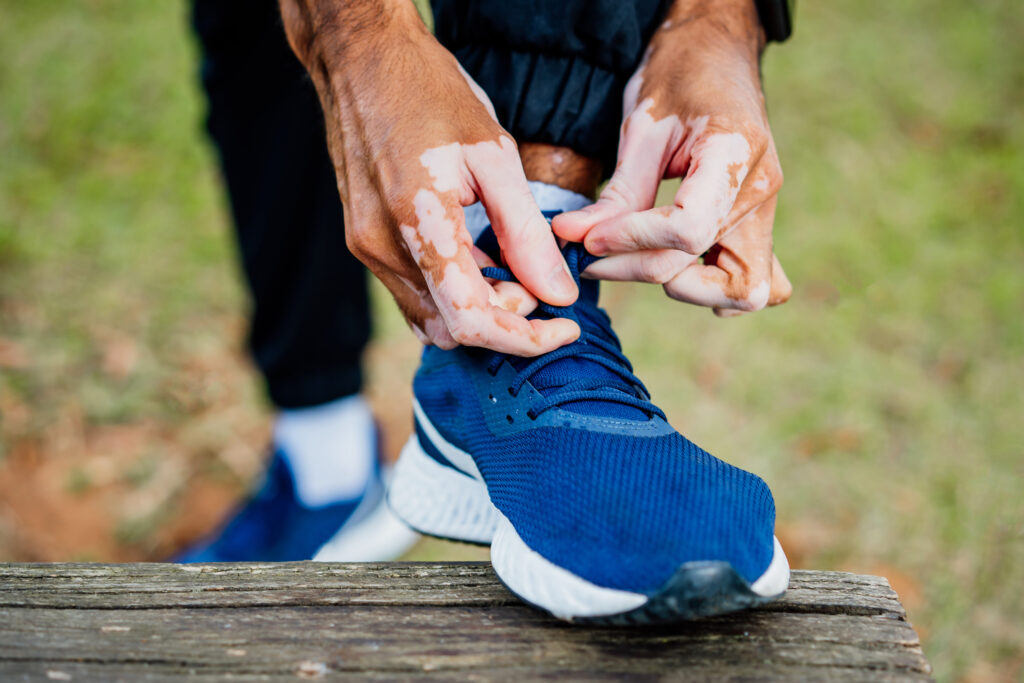
Medicines can affect people differently and must be tested among each potential patient group— by race, gender, age, and ethnic background— so doctors can know how to use them safely and effectively. This is especially important for Black Americans, who are underrepresented in clinical trials and more likely to die from lupus than white people.
Aside from the history Blacks have with clinical trials, the myths surrounding how clinical trials work often keep Blacks from participating.
Here are seven myths you should ignore when it comes to clinical trials, according to the Lupus Research Alliance:
Myth: If I want to join a trial, I will not be told anything about the trial or treatments I might take.
Fact: Researchers are not allowed to give you treatment in a trial unless you fully understand what is going to happen.
Before agreeing to be in a trial, the trial team will walk you through the process. You can ask questions about anything you want, like what treatment you might get, what happens during visits, what the potential risks and benefits are, and how long the trial might last. This process is called “informed consent.”
Information about the trial will be provided in a printed or digital document called an informed consent form. You can take as much time as you need before deciding. It is very important to understand a clinical trial and to be comfortable with what is planned to happen before you agree to participate.
Myth: I can join any lupus trial I want.
Fact: Each clinical trial has a list of requirements about who can be in the trial.
For example, the researchers might need to test people of a certain age, gender, or health condition. These requirements can be found in the informed consent form you will get before agreeing to join a trial. These requirements are in place to make sure each trial gets the most accurate results and is as safe as possible.
RELATED: I Have Lupus, What Are My Treatment Options?
Myth: Trials are scary. I don’t know how I’m protected.
Fact: While there are some risks, every clinical trial has a detailed plan reviewed by many experts to make sure it is as safe as possible. As a participant, you are protected from unnecessary risk.
Experts from federal health agencies, such as the U.S. Food and Drug Administration (FDA) and the European Medicines Agency (EMA), review and approve trial plans. Institutional review boards (IRBs), which are comprised of doctors, scientists, and community members, also review the trial plan to make sure the potential risks to participants are not too high.
These experts continue to monitor safety throughout the trial. The potential risks for every trial are different. These can range from mild discomfort to long-lasting side effects or death. All the potential risks must be explained to you before you agree to be in a trial. Doctors will monitor your health throughout a trial, and you can leave a trial at any time for any reason.
Myth: If there is a clinical trial that could help me, my doctor will tell me about it.
Fact: Your doctor may not know about all available clinical trials.
Patient advocacy groups like the Lupus Research Alliance can help you find trials and provide resources to help you decide if you should participate. The National Institutes of Health has a website you can search to find trials. You can also visit LupusTrials.org to find lupus trials. You should always discuss any clinical trial with your doctor to help you decide if it is a good choice for you.
Myth: Being in a clinical trial will not help me personally.
Fact: If you have lupus, the treatment and care you get in a trial may improve your symptoms or make you feel better.
Many clinical trials use new treatments that are not available to the public. Some of these treatments may help you more than anything currently available. But, it is always possible that the treatment might not work, or you might get a placebo, which does not have any medicine in it.
RELATED: Living With Lupus: 9 Ways To Enhance Your Life
Myth: I might be given a placebo without my consent instead of the medicine I need.
Fact: Before agreeing to be in a trial, you are told if you might receive a placebo.
A placebo looks like a treatment but does not have any medicine in it. Researchers use placebos to help make sure any changes in the participants’ health are caused by the trial treatment.
You do not get to choose if you get the trial treatment or the placebo, and you may not know if you get the placebo until after the trial. If you need medical treatment and your trial includes a placebo, the placebo would be given in addition to standard medical treatment.
Not all trials use a placebo. If there is a chance you may get a placebo and you do not want it, you do not have to join that trial.
Myth: Being in a clinical trial costs a lot and is not covered by my insurance.
Fact: There are often no costs to you for being in a trial.
You might have trial-related expenses such as travel, parking, hotel, or child care. However, the researchers usually reimburse these expenses. Before you agree to be in a trial, it is important to speak with the trial team and your insurance company about any costs you may have to cover.
Find out more about clinical trials on BlackDoctor.org at our Clinical Trials Resource Center.









